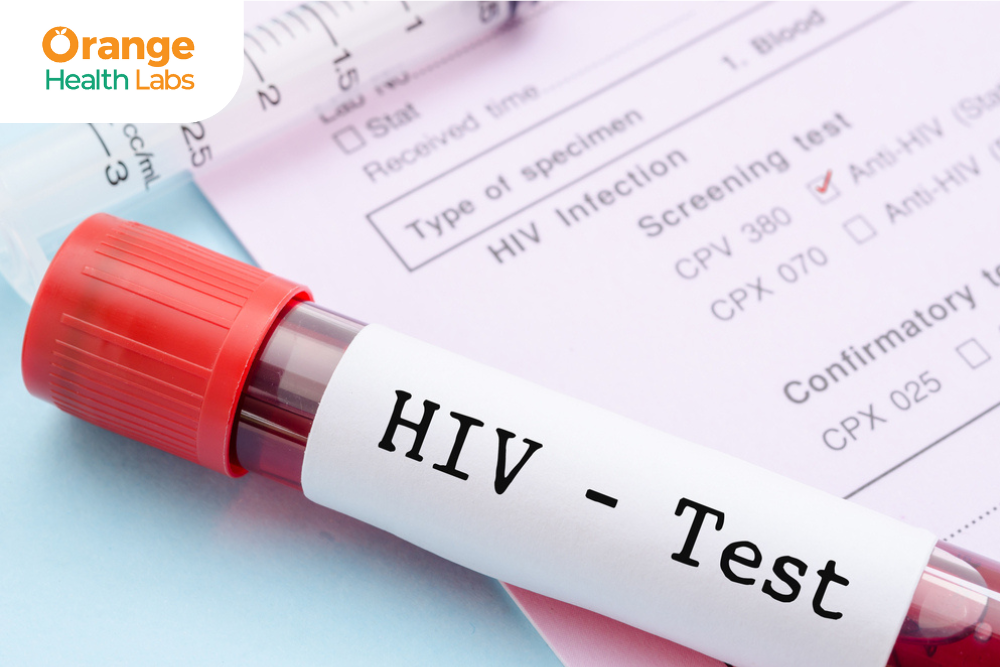Search for tests or checkups
SupportUnderstanding the BRCA1 Gene: What It Really Means for Your Health

The BRCA1 gene (Breast Cancer gene 1) is often mentioned in discussions about breast and ovarian cancer, sometimes creating unnecessary worry. While BRCA1 mutations can increase cancer risk, calling it a “deadly gene” is misleading. In fact, BRCA1 plays a protective role in our bodies. Let’s explore what this gene does, why mutations matter, and how knowing your BRCA1 status can empower you.
What Is the BRCA1 Gene?
The BRCA1 gene produces a protein that helps repair damaged DNA in our cells. DNA damage can occur due to everyday factors like environmental exposure, radiation, or normal cellular processes.
By fixing breaks in DNA, the BRCA1 protein helps keep our cells stable and reduces the risk of harmful mutations. In simple terms, a healthy BRCA1 gene works like a built-in repair system, supporting normal cell growth and protecting us from cancer.
When Can BRCA1 Become a Risk Factor?
The risk arises when there is a mutation (change) in the BRCA1 gene. A mutation can weaken its repair function, allowing DNA damage to build up. Over time, this may raise the chances of developing breast, ovarian, and sometimes other cancers.
- Women with inherited BRCA1 mutations face a 55 to 65% lifetime risk of breast cancer by age 70, compared to about 12% in the general population.
- The risk for ovarian cancer is also higher, though not every carrier develops the disease.
It is important to remember: having a mutation does not mean cancer is certain. It only means the risk is higher.
Is BRCA1 Mutation More Common in Certain Populations?
BRCA1 mutations can occur in anyone, but some groups have higher prevalence. For example:
- Ashkenazi Jewish populations are known to have higher BRCA mutation rates.
- In India, large-scale data is still developing, but genetic screening is helping to build clearer insights.
Why Consider Genetic Testing?
A BRCA1 genetic test can identify whether you carry a BRCA1 mutation. This information is valuable, especially for people with a family history of breast or ovarian cancers.
Knowing your BRCA1 status can help you:
- Plan proactive screening with regular mammograms or MRI scans.
- Explore preventive options, such as surgery to remove at-risk tissue for some individuals.
- Adopt risk-reducing strategies through lifestyle choices or medication.
Testing does not provide a guarantee of cancer prevention, but it does provide clarity, enabling earlier detection and better planning.
BRCA1 Mutations in Men
Although the focus is often on women, men can also inherit BRCA1 mutations. Male carriers have an increased risk of prostate cancer and, less commonly, male breast cancer. Awareness and screening are important for both genders.
Key Takeaway
The BRCA1 gene is not a “deadly mutation.” It is a vital protector of our DNA. Only when it carries certain mutations does it increase cancer risk. Even then, with genetic testing, regular screenings, and preventive care, individuals can take meaningful steps to manage their health.

The Role of HIV Testing in Prevention and Treatment

Do I Need Genetic Testing for Breast Cancer?
